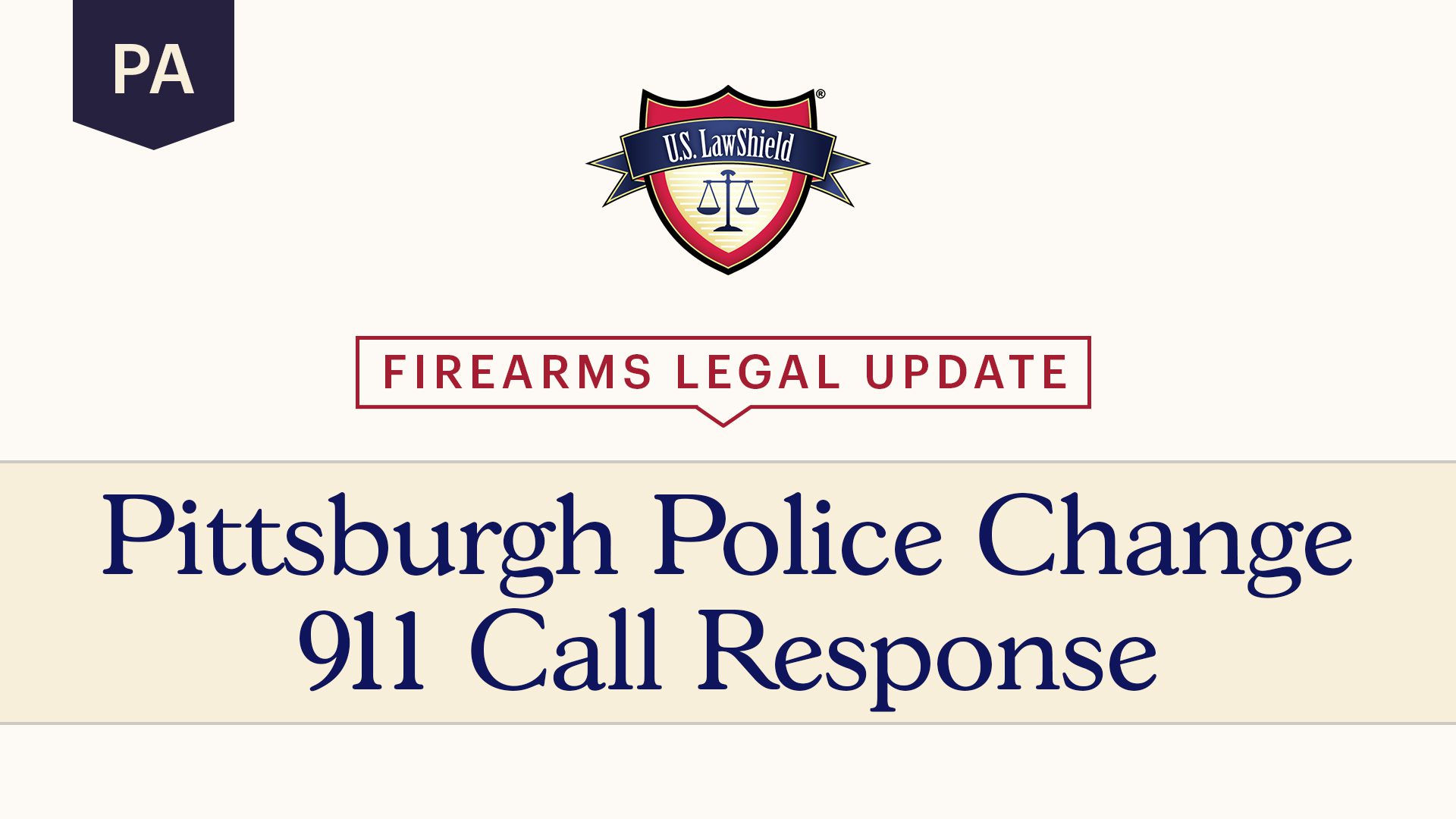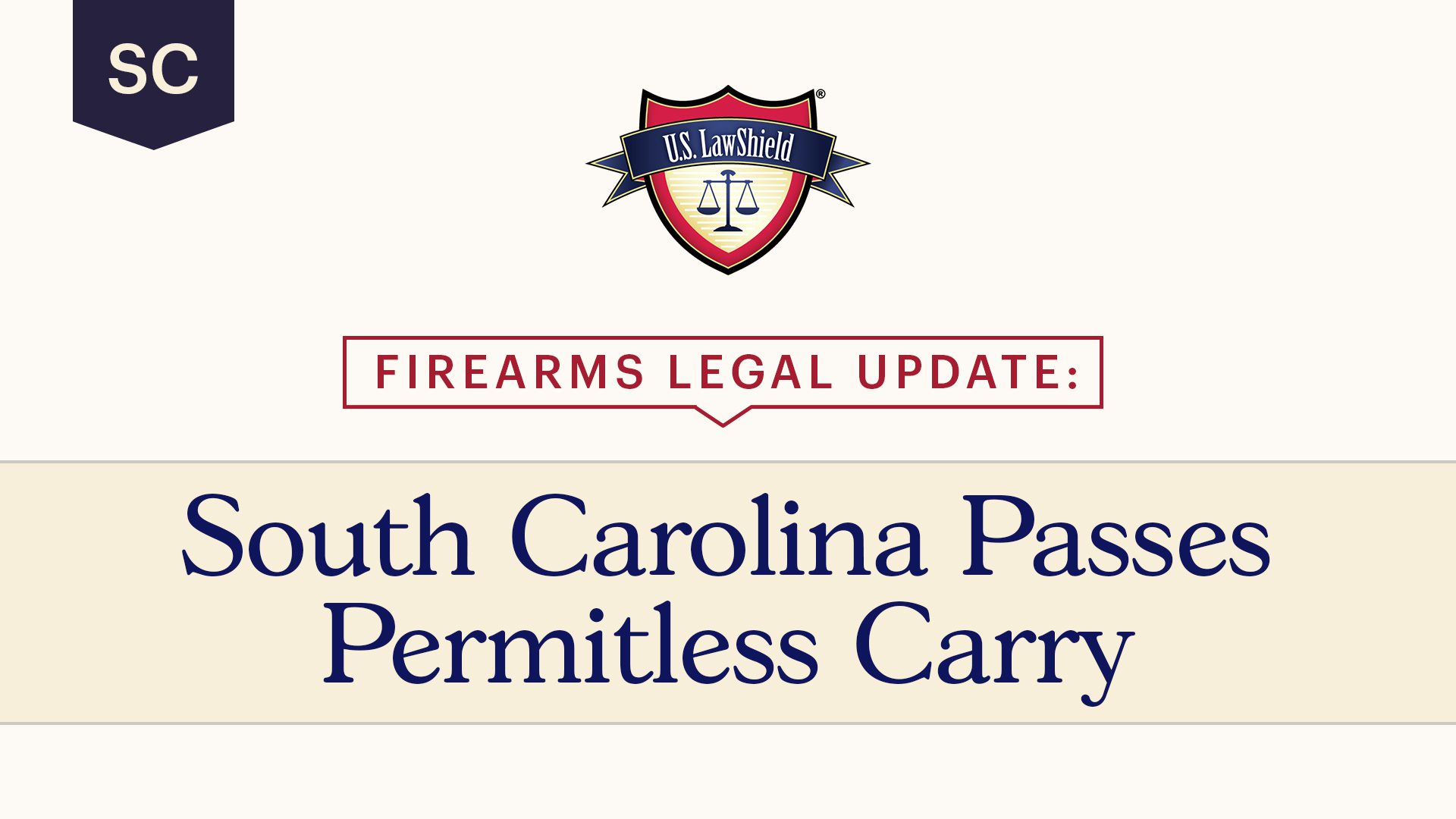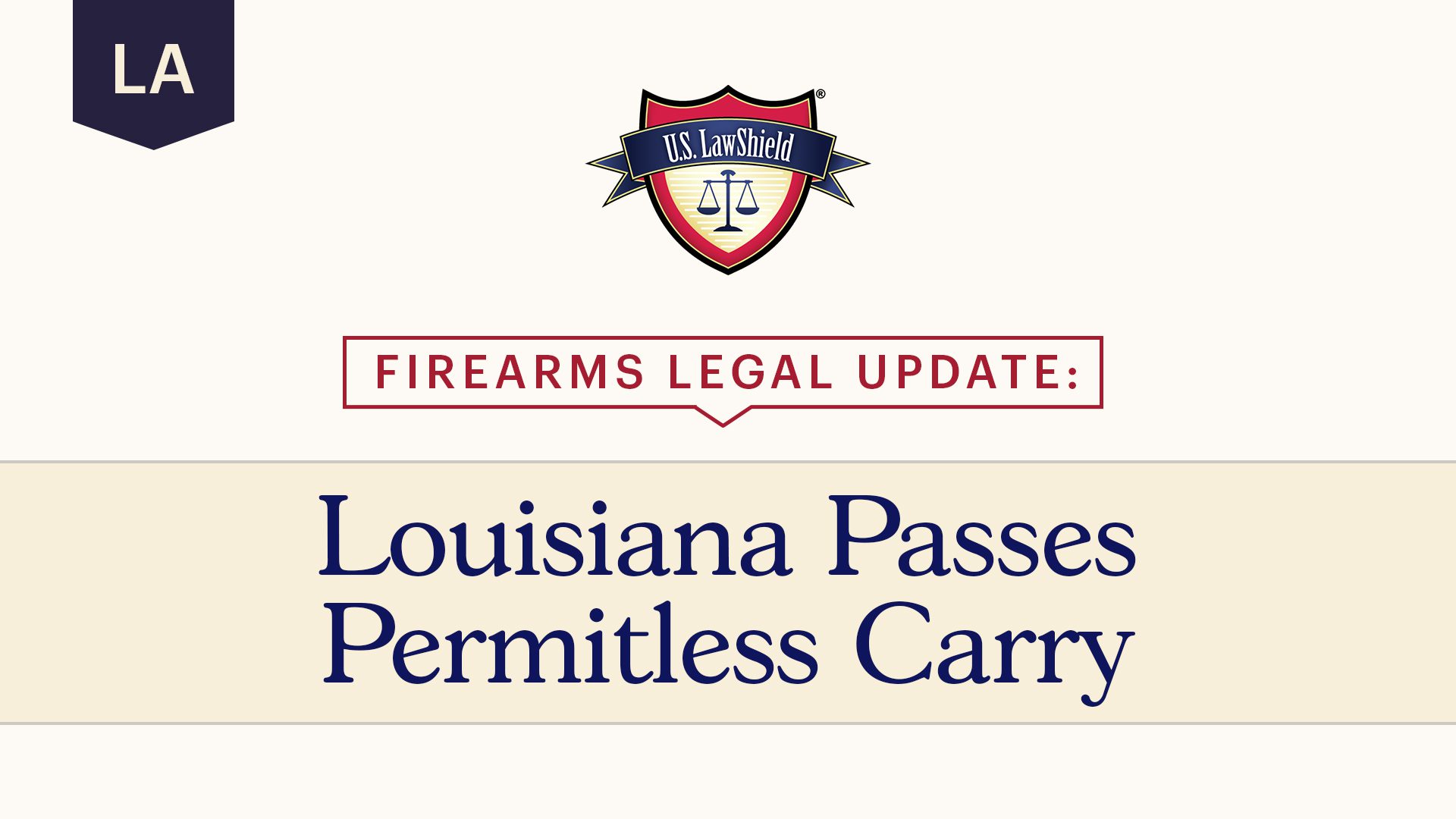Welcome to a world where the legal system treats you differently depending upon where you draw your weapon and defend yourself.
Today, we are going to discuss the Castle Doctrine in Florida and the extra protections it affords you when you are in certain locations. It is important to know that the term “Castle Doctrine” does not appear in Florida law; however, the legal concept comes from the philosophy that every person is a king or queen of his or her “castle.”
Presumption
As such, no person is required to retreat before using force or deadly force against an intruder in his or her home. In Florida, these Castle Doctrine-type laws are implemented in Fla. Stat. § 776.013 and include a powerful presumption of reasonableness.
Florida Castle Doctrine laws extend to a person’s dwelling, residence, or occupied vehicle.
If you are a victim of unlawful force or deadly force when you are in a dwelling, your residence, or an occupied vehicle, the law will provide you protection beyond the general rules of self-defense. In these Castle Doctrine locations, the law will presume your belief that force or deadly force was necessary to defend against unlawful force likely to cause imminent death or great bodily harm is “reasonable.” This legal presumption is a potentially powerful legal argument and requires the prosecutor to overcome the presumption with evidence showing that the defendant’s fear of death or great bodily harm was unreasonable.
How to Qualify for Castle Doctrine Protection
Florida law requires that two conditions be present:
- The person against whom deadly force was used was in the process of unlawfully and forcefully entering or had unlawfully and forcibly entered a dwelling, residence, or occupied vehicle, or they had removed or were attempting to remove another against that person’s will from the dwelling, residence, or occupied vehicle; and
- The person who uses defensive force knew or had reason to believe that an unlawful and forcible entry or unlawful and forcible act was occurring or had occurred.
As can be seen, section (1) covers conditions when someone is entering or attempting to enter your castle or is removing or attempting to remove you or someone else from your castle; section (2) further requires that you knew this was happening or had reason to know it happened.
If you meet these two requirements, you qualify for Castle Doctrine protection, which is a powerful legal tool for any person who is accused of a crime and claiming justification. The presumption will be further enhanced by having no duty to retreat.
Unlawful Entry
A second presumption is found in Florida’s Castle Doctrine; one which presumes the bad guy is entering the castle to do bad things. Fla. Stat. § 776.013(4) states, “A person who unlawfully and by force enters or attempts to enter a person’s dwelling, residence, or occupied vehicle is presumed to be doing so with the intent to commit an unlawful act involving force or violence.”
Florida’s Castle Doctrine is one of the strongest defensive weapons a gun owner has. Many states offer some protections to firearms owners in their own homes; however, Florida’s Castle Doctrine does much more in more places, and perhaps provides the greatest protections in the country.
There is no time in this video to fully discuss Florida’s Castle Doctrine and the exceptions to the provided presumptions. However, if you have any questions, feel free to call U.S. LawShield and ask to speak with your Independent Program Attorney.





Good info, I live in fl. and need as much gun info as I can get. I have my cw and need these bits of info to stay alert on the rules
Protecting your “castle” is only 1/2 the security needed. I spend much time away from my castle, so being permitted to carry a concealed weapon is equally important to feeling “safer”.
Two indiscretions during my teenage years are impediments to receiving said permit, but I think that the Agricultural Commissioner (Besides being a gun control advocate) is unreasonable in her assessment of my case.
Any advice?